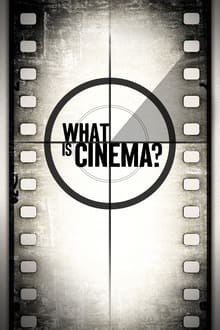
Using the words and ideas of great filmmakers, from archival interviews with Alfred Hitchcock and Robert Bresson to new interviews with Mike Leigh, David Lynch, and Jonas Mekas, Oscar-winning filmmaker Chuck Workman shows what these filmmakers and others do that can’t be expressed in words – but only in cinema.
You May Also Like
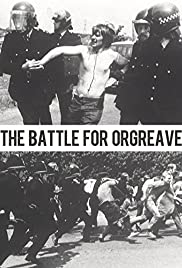
‘The Battle of Orgreave’ intercuts dramatic photographic stills from the clashes in 1984 with footage of the clashes re-enacted in 2001, together with moving and powerful testimonies, to tease out the complexities of this bitter struggle.

Standup from Puerto Rican comedian Carlos Oscar, including riffs on latino life with family and friends.

Documentary film about the Brazilian football club Atletico Mineiro, but also about something intangible: football, its emotion and imperishable spirit.
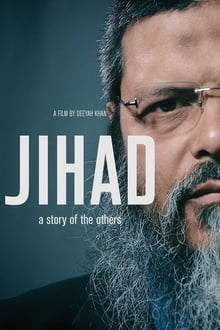
An unflinching but sensitive and personal examination of jihadism and radicalisation, its causes and its possible solutions.

Follows the story of Freddie Stevenson from his meteoric rise through high school and college football to a chaotic life afterwards that led him to reinvent himself and rise up all over again. This documentary connects similar stories of struggle and redemption from motivational speaker Tony Gaskins, “General Hospital” star Maurice Benard, NFL and CFL player Delvin Breaux, and more. These stories are raw and uncut, just as they want to to tell them.
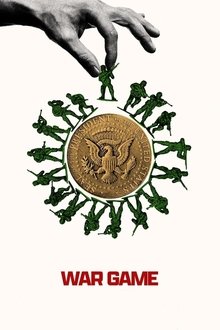
A bipartisan group of U.S. defense, intelligence, and elected policymakers spanning five presidential administrations participate in an unscripted role-play exercise in which they confront a political coup backed by rogue members of the U.S. military, in the wake of a contested presidential election.
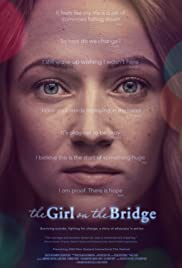
In the increasing public discourse on mental health, Leanne Pooley’s inspiring and fearless documentary tracks an extraordinary young woman’s journey from suicide survivor to advocate for those struggling. The fact it leaves you hopeful and with tangible advice makes it vital viewing.

An insight into the everyday lives of 50 inmates of a mental institution in the Chinese province of Yunnan, who are there for killing someone, committing a crime against a public official, or have a developmental disability.

Dakota Laden takes his sister, Chelsea, and best friends Tanner and Coalin on a five night journey to test the limits of fear.
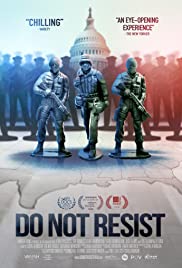
Do Not Resist is an exploration of the rapid militarization of the police in the United States. Opening on startling on-the-scene footage in Ferguson, Missouri, the film then broadens its scope to present scenes from across the country.
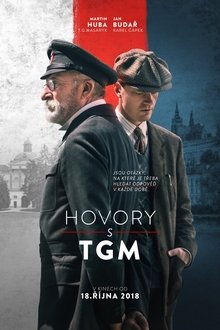
On 26 September 1928, Karel Capek and President T.G. Masaryk meet in the gardens of Topolcianky castle to decide about the fate of their joint literary work. Their fiction film dialogue is based on quotes from a future book and their mutual correspondence, considerably freeing the original format of literary conversation from binding conventions. Capek and Masaryk reproach and offend each other, but they also ask key personal questions and questions about the social functions of a writer and politician respectively. “It’s a film about two extraordinary men; it’s about the fact that emotions can be sometimes more powerful than ideas even in such exceptional people.

In the German-occupied Paris, Helene is torn between the love for her boyfriend Jean, working for the resistance and the German administrator Bergmann, who will do anything to gain her affection.